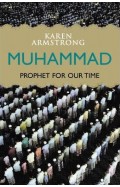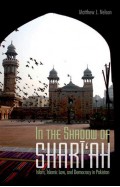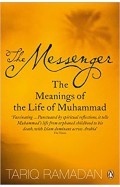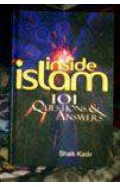Political Islam in Southeast Asia
By: Gordon Paul Means
-
Rs 1,827.50
- Rs 2,150.00
- 15%
You save Rs 322.50.
Due to constant currency fluctuation, prices are subject to change with or without notice.
| Book | |
| What's in the Box? | 1 x Political Islam in Southeast Asia |
Zubin Mehta: A Musical Journey (An Authorized Biography)
By: VOID - Bakhtiar K. Dadabhoy
Rs 892.50 Rs 1,050.00 Ex Tax :Rs 892.50
The Eleventh Hour the Spiritual Crisis of the Modern World in the Light of Tradition and Prophecy
By: Martin Lings
Rs 480.00 Rs 600.00 Ex Tax :Rs 480.00
Nabuwat Kay Jhootay Dawaydar
By: Molana Abu Al Qasim Rafique Dilawari
Rs 1,530.00 Rs 1,800.00 Ex Tax :Rs 1,530.00
The Quest For Meaning: Developing A Philosophy Of Pluralism
By: Tariq Ramadan
Rs 1,185.75 Rs 1,395.00 Ex Tax :Rs 1,185.75
War of the Worldviews: Science vs Spirituality
By: Dr Deepak Chopra
Rs 797.50 Rs 1,595.00 Ex Tax :Rs 797.50
In the Shadow of Shari'ah: Islam, Islamic Law and Democracy in Pakistan
By: Matthew J Nelson
Rs 2,347.50 Rs 4,695.00 Ex Tax :Rs 2,347.50
The Messenger: The Meanings of the Life of Muhammad
By: Tariq Ramadan
Rs 2,236.00 Rs 2,795.00 Ex Tax :Rs 2,236.00
The Eleventh Hour the Spiritual Crisis of the Modern World in the Light of Tradition and Prophecy
By: Martin Lings
Rs 480.00 Rs 600.00 Ex Tax :Rs 480.00
Nabuwat Kay Jhootay Dawaydar
By: Molana Abu Al Qasim Rafique Dilawari
Rs 1,530.00 Rs 1,800.00 Ex Tax :Rs 1,530.00
Zubin Mehta: A Musical Journey (An Authorized Biography)
By: VOID - Bakhtiar K. Dadabhoy
Rs 892.50 Rs 1,050.00 Ex Tax :Rs 892.50
The Eleventh Hour the Spiritual Crisis of the Modern World in the Light of Tradition and Prophecy
By: Martin Lings
Rs 480.00 Rs 600.00 Ex Tax :Rs 480.00
Nabuwat Kay Jhootay Dawaydar
By: Molana Abu Al Qasim Rafique Dilawari
Rs 1,530.00 Rs 1,800.00 Ex Tax :Rs 1,530.00












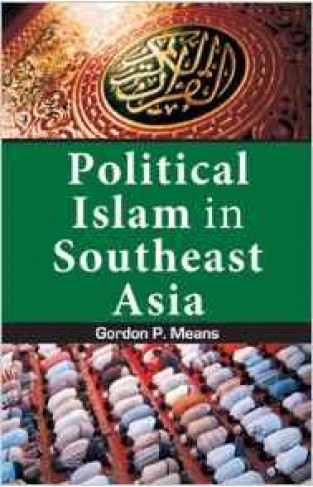
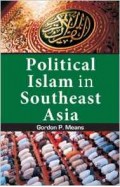
-120x187.jpg?q6)












